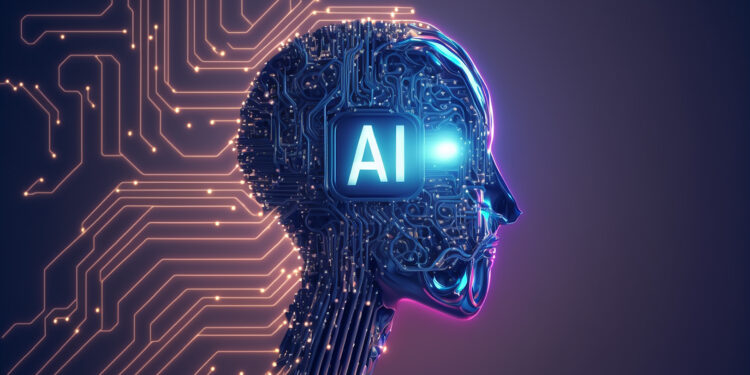Artificial Intelligence (AI) is no longer just a futuristic concept—it’s a reality shaping the way we live, work, and interact every day. From the moment you check your phone in the morning to the time you fall asleep at night, AI technologies are silently working behind the scenes. But how exactly is AI influencing daily life, and why does it matter?
AI in Everyday Technology
1. Smartphones and Personal Assistants
Whether it’s Siri, Alexa, or Google Assistant, AI powers the smart voice tools we use to set reminders, play music, or check the weather. Predictive text, facial recognition, and personalized app suggestions are also AI-driven features we rely on without even noticing.
2. Social Media and Online Platforms
AI determines what you see on Facebook, Instagram, TikTok, or X (Twitter). Algorithms study your behavior—likes, comments, and shares—to personalize your feed. This keeps you engaged but also shapes how you perceive the world.
3. Smart Home Devices
From adjusting your thermostat to turning off lights, AI makes homes more energy-efficient and convenient. Smart speakers and appliances continue to learn user preferences to offer a smoother living experience.
AI at Work and in Business
1. Personalized Shopping
When you browse Amazon or Netflix, AI analyzes your history to recommend products or movies tailored to your taste. This improves convenience but also influences spending habits.
2. Customer Service
Chatbots and automated support systems are now standard across industries. They provide 24/7 assistance, resolve common issues, and free up human workers for complex tasks.
3. Hiring and Recruitment
AI tools scan resumes, match candidates with job openings, and even assess video interviews to streamline recruitment. While efficient, this also raises concerns about bias in decision-making.
AI in Health and Safety
1. Healthcare Applications
AI helps doctors analyze scans, predict disease risks, and personalize treatments. Fitness apps use AI to track steps, monitor sleep, and give health recommendations.
2. Transportation and Navigation
Google Maps, Waze, and ride-hailing services like Uber rely on AI to optimize routes, reduce travel times, and predict traffic. Autonomous vehicles are also developing rapidly.
3. Online Security
AI-driven systems detect fraudulent activity, protect banking transactions, and enhance cybersecurity by identifying suspicious patterns in real time.
The Quiet Influence of AI
While many of these tools seem ordinary, they represent AI’s quiet revolution in daily life. Its presence is subtle but powerful—shaping decisions, routines, and even relationships. The more we use AI-powered services, the more data is generated, fueling further improvements.
Looking Ahead
AI’s role in everyday life will only expand, from smarter workplaces to more intuitive healthcare. However, it also raises important questions about privacy, bias, and control. By understanding how AI works behind the scenes, we can make more informed choices about how much influence we allow it to have.













































